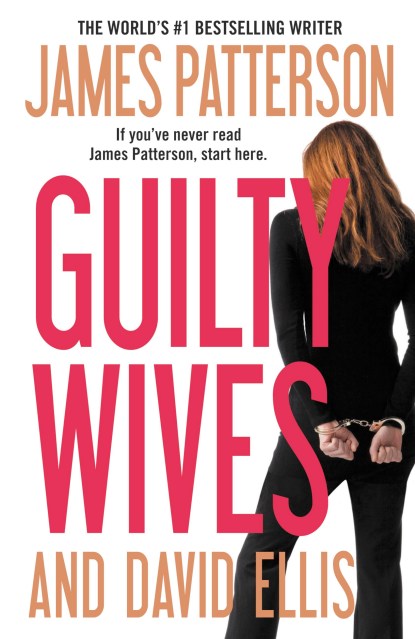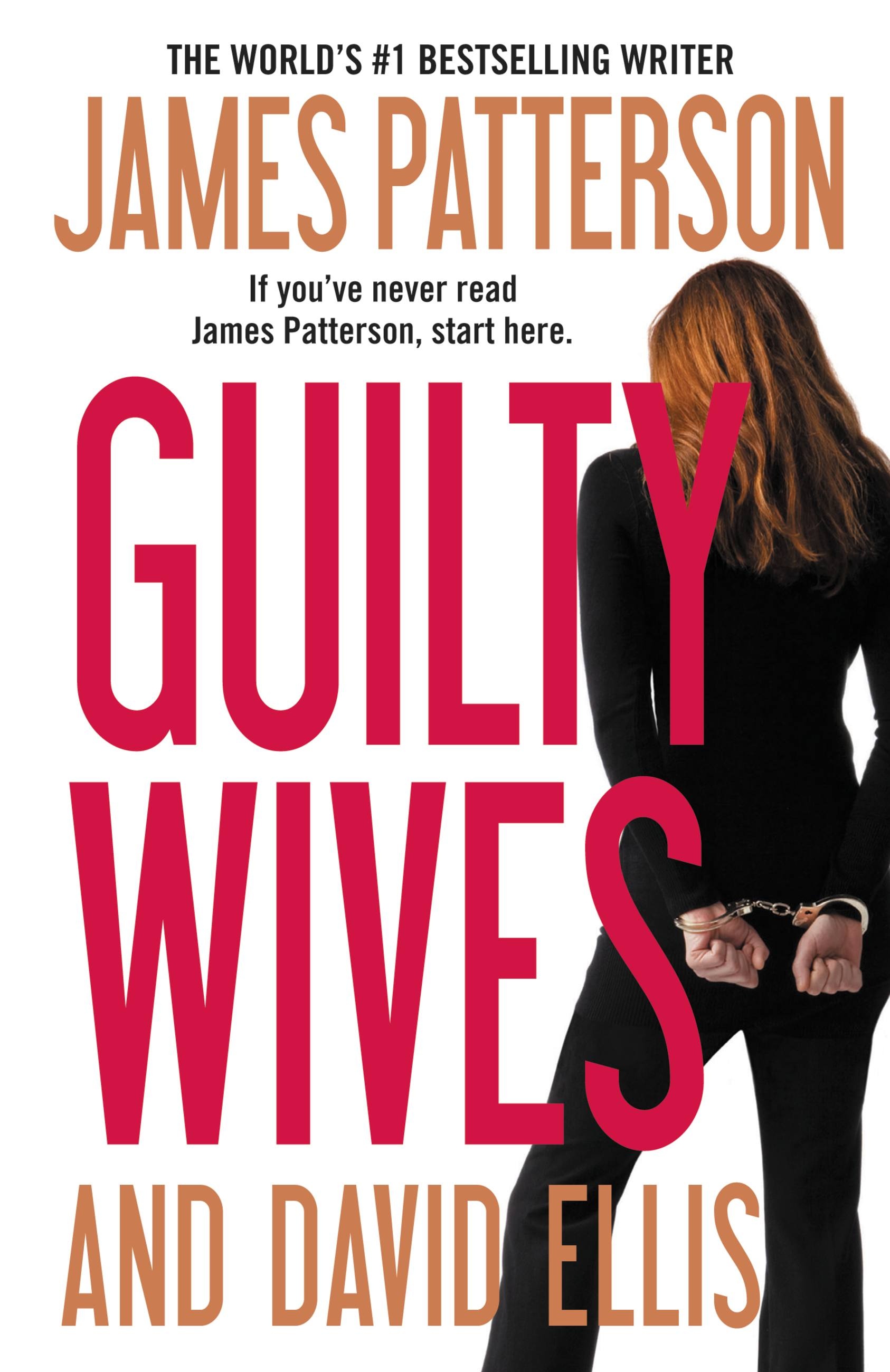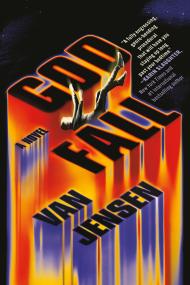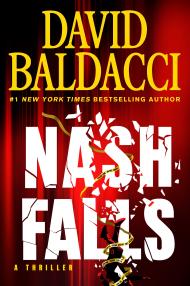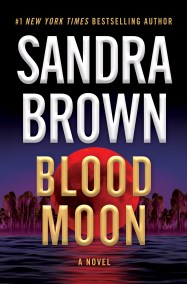By clicking “Accept,” you agree to the use of cookies and similar technologies on your device as set forth in our Cookie Policy and our Privacy Policy. Please note that certain cookies are essential for this website to function properly and do not require user consent to be deployed.
Guilty Wives
Contributors
By David Ellis
Formats and Prices
- On Sale
- Sep 18, 2012
- Page Count
- 480 pages
- Publisher
- Grand Central Publishing
- ISBN-13
- 9781455506668
Price
$19.99Price
$25.99 CADFormat
Format:
- Trade Paperback $19.99 $25.99 CAD
- ebook $9.99 $12.99 CAD
- Hardcover (Large Print) $49.00 $63.00 CAD
- Hardcover $42.00 $53.00 CAD
- Audiobook Download (Unabridged)
- Mass Market $10.99 $13.99 CAD
This item is a preorder. Your payment method will be charged immediately, and the product is expected to ship on or around September 18, 2012. This date is subject to change due to shipping delays beyond our control.
Buy from Other Retailers:
Only minutes after Abbie Elliot and her three best friends step off of a private helicopter, they enter the most luxurious, sumptuous, sensually pampering hotel they have ever been to. Their presidential suite overlooks Monte Carlo, and they surrender: to the sun and pool, to the sashimi and sake, to the Bruno Paillard champagne. As the weekend moves into pulsating discos, high-stakes casinos, and beyond, Abbie is transported to the greatest pleasure and release she has ever known.
In the morning’s harsh light, Abbie awakens on a yacht, surrounded by police. Something awful has happened: something impossible, unthinkable. Abbie, Winnie, Serena, and Bryah are arrested and accused of the foulest crime imaginable.
And now the vacation of a lifetime becomes the fight of a lifetime—a fight for survival. Guilty Wives is the ultimate indulgence, the kind of nonstop joy-ride of excess, friendship, betrayal, and danger that only James Patterson can create.
-
PRAISE FOR JAMES PATTERSON
-
"The prolific Patterson seems unstoppable."USA Today
-
"James Patterson knows how to sell thrills and suspense in clean, unwavering prose."People
-
"Patterson's novels are sleek entertainment machines, the Porsches of commercial fiction, expertly engineered and lightning fast."Publishers Weekly
Newsletter Signup
By clicking ‘Sign Up,’ I acknowledge that I have read and agree to Hachette Book Group’s Privacy Policy and Terms of Use
